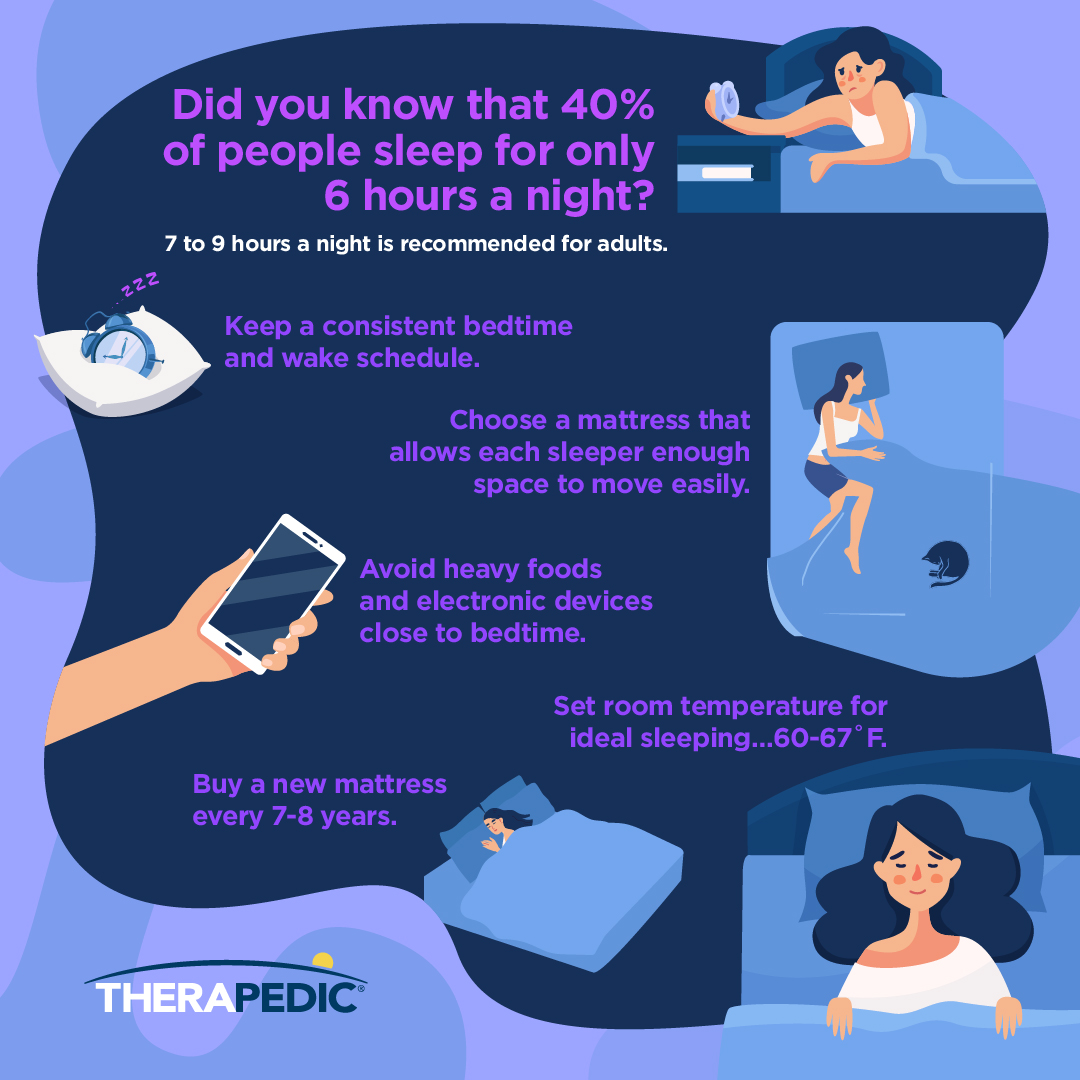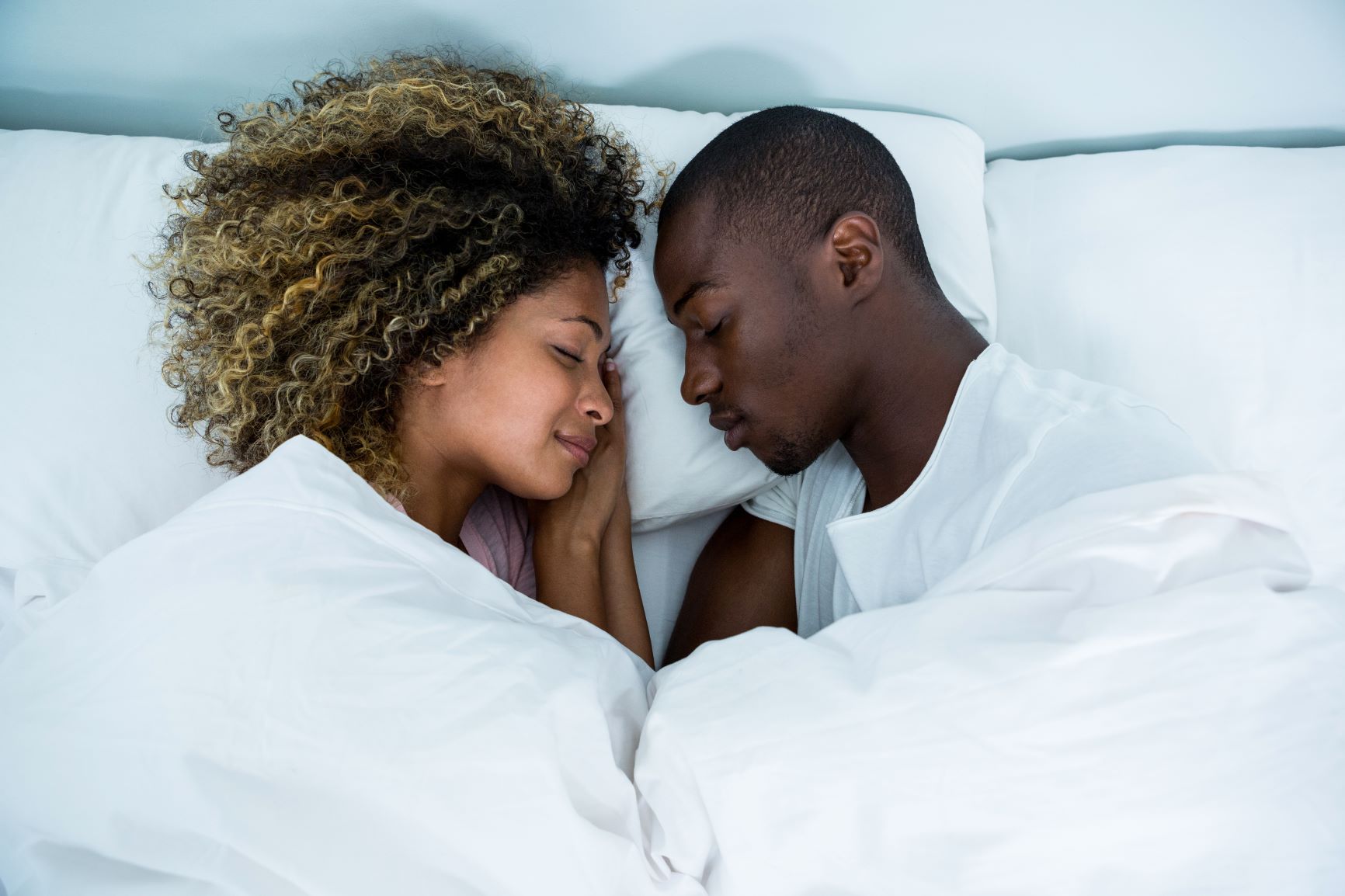There’s little doubt that people are experiencing increased stress and anxiety during this time. While the dramatic changes in daily life have been challenging for all, there is a positive outcome of staying at home.
Many people have had more time and opportunity to adopt healthier habits, such as exercise and making meals at home, which can lead to lasting changes for a healthy lifestyle. When we think of what a healthy lifestyle looks like, many of us probably have an image of someone who eats healthy food and exercises regularly.
But what about sleep? Good sleep, that includes the recommended seven to nine hours a night for adults, with a reasonably regular time for going to bed and waking up. Quality sleep not only allows you to feel rested and rejuvenated in the morning but can boost your immune system naturally. Just as a healthy diet and exercise program has certain do’s and don’ts, healthy sleep has some rules that will help you develop and sustain good sleep habits.

Here are four ways quality sleep, as a part of a healthy lifestyle, can help you have a stronger immune system.
- Bolsters T cell production. Also called T lymphocytes, T cells are one of the main components of the adaptive immune system, and research shows that the production of T cells decreases in sleep deprived people. T cells play a major role in fighting viruses and bacteria, and they help the body with antibody response to invaders. They are your white blood cells, which increase when you are sick and is a tell-tale sign under the microscope that your body is in fight mode.
- Increases release of cytokines. These are proteins produced by T cells and have the key job of directing immune cells where to go and how to fight the infection. It stands to reason that if T cell production drops from lack of sleep, cytokines are reduced. It’s interesting to note that cytokines increase when the body is under stress as well as when it has an inflammation or infection, which means the body responds to stress as an illness.
- Immune system memory function. Your sleep quality can affect the immune system’s ability to recognize an antigen that it’s encountered before. Poor or insufficient sleep hampers the immune system’s ability to response appropriately or as quickly as it could because its memory is not functioning properly to fight an invader that it’s met before.
- Reciprocity of sleep and immune system. Sleep and the immune system have a reciprocal link. In general, when we are sick, we don’t sleep well. Studies show that during an infection, immune signaling molecules such as cytokines and brain neurochemical systems such as the serotonin system are amplified, resulting in altered sleep regulation.
It’s also a good idea to use these age-appropriate guidelines on how much sleep is needed:
- Adults – At least seven hours a night
- Teens – 8-10
- Younger children 10 or more. Also check out our tips on how to get better sleep when you have young children.
Wishing you good sleep and a strong immune system!

